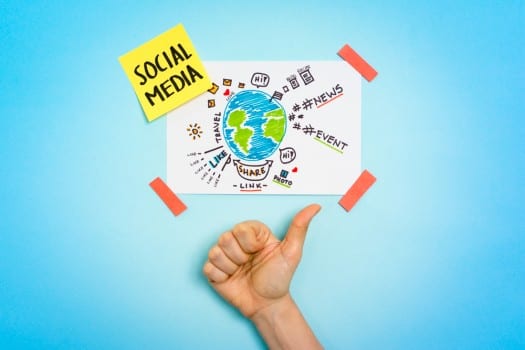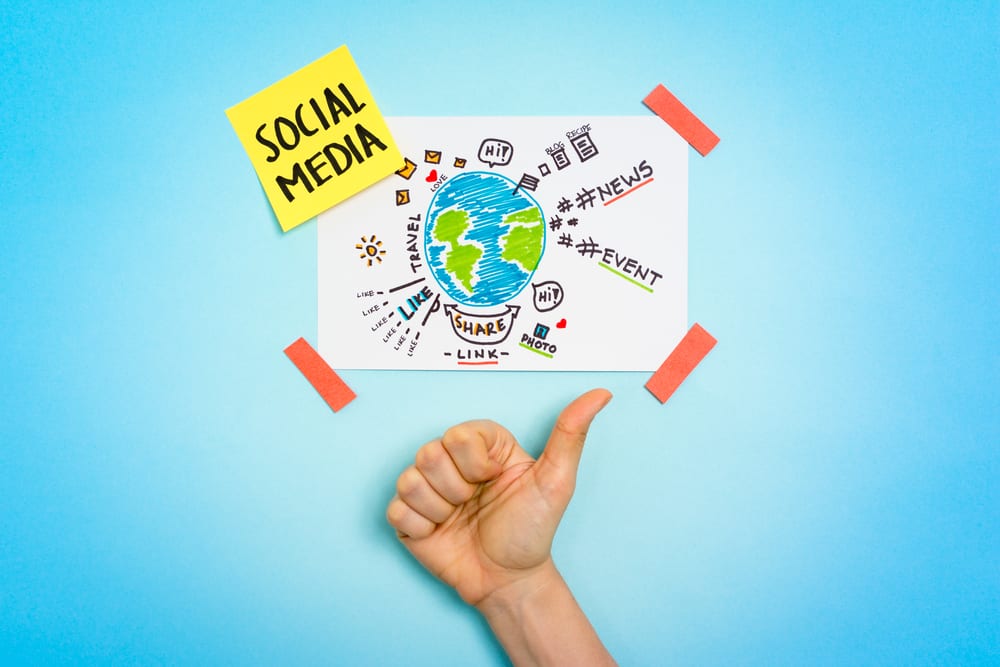 The first rule in promoting an event on social media is that social media needs to be ‘social’. Don’t just broadcast. It puts people off. Instead, look to mix your promotions with a greater portion of content that solves other people’s problems and engages them in conversation. Think about creating relationships, not sales transactions, and you’re en route to success. It is sort of comforting to know that social media will eventually expose the purely self-serving.
The first rule in promoting an event on social media is that social media needs to be ‘social’. Don’t just broadcast. It puts people off. Instead, look to mix your promotions with a greater portion of content that solves other people’s problems and engages them in conversation. Think about creating relationships, not sales transactions, and you’re en route to success. It is sort of comforting to know that social media will eventually expose the purely self-serving.
Interesting content attracts people. Boring content repels them. “It’s important to inject your social messages with a bit of personality, especially when promoting an event – your audience will be immediately put off by too much corporate jargon. Always keep audience engagement at the heart of your social campaign,” according to the events team at Emirates Old Trafford, who’ve become real experts in social media events marketing.
Writing short posts can take a lot longer than writing long ones. The beauty of Twitter is that it forces people to boil their ideas down to digestible tit bits before presenting them to the world. We all appreciate that.
That does not mean you should not plan.
Create a plan
Creating a plan will keep you systematic, focused, and results-oriented. A typical plan should include:
- A ‘pen portrait’ that sums up the interests and characteristics of your typical target audience member.
- A content calendar, with publishing timings for your tweets, facebook listings, emails and other updates to maximize their effectiveness.
- A clear statement of the action you want the user to take and how they can take it.
Choosing social channels
Think of social media, blogging and email as the three corners of an online social communications triangle. Neglect any part and your whole strategy could fail.
There is a vast number of social media channels to choose from these days. Few organisations are equipped to use them all effectively. The best strategy is to focus on those that are most popular with your target audience member. If you don’t know, then ask a few!
Assuming that your strategy will quite likely include Twitter, Facebook, visual channels and Video here are our top tips:
Images are arresting
Don’t imagine that your target audience reads every word of every document that goes before their eyes. You need to capture their attention. Images grab attention in milliseconds. You cannot afford to disregard such a powerful tool.
You can prepare image banners for every social media size using Canva, an easy to use and free design tool. Spend a little time editing so that all your images (tastefully) include the event logo and hashtag. The nightmare is that your image goes viral, but its association with your event is lost.
Instagram lets you get short, punchy messages over to your audience. It can be ideal for invitations and thank yous. Light-hearted messages work well on Instagram – smiling faces attract attention.
Moving images are stimulating
Video can be shared on nearly every social medium. It doesn’t need to be long, in fact the shorter and sharper the better. You could have bite-sized interviews with speakers, or testimonials from a similar event. You can email video out with your newsletter – and don’t forget Facebook. According to some sources, video on Facebook is ten times more likely to go viral than on Youtube. The Vimeo platform doesn’t have Youtube’s reach, but you have more control and viewers have to contend with less advertising – publish on both.
Join hashtag conversations
Hashtags, particularly on Twitter are a great way of getting your event into a broader conversation. Most areas and industries now have hashtag conversation strands, like #SuffolkHour for example. The hashtag usually has a regularly time slot each week when businesses, charities and others with something to promote come together to share and support each other.
And of course you need to have your own hashtag for the event too. Your event should have one single hashtag across all social channels. Make your hashtags short, easy to spell and memorable. And that hashtag should across all your marketing materials.
Think of Facebook as advertising
Facebook is no longer a free promotions tool. Your page may have thousands of fans, but that doesn’t mean that very many of them will ever see your updates these days. To reach out you now need to pay.
The good news is that Facebook ads are quite cheap and very powerful. You can filter your advertising to reach a very targeted audience, within the right geographic area, age band and gender. You can even target on interests or hobbies. Consider setting up a Facebook event page. Facebook ads can also include a “call to action” button that can bring the user to a purchase or decision point in one bound.
Build the buzz
Building up the buzz is the foreplay of a successful event. The story of the work you are putting in… your excitement as you add the next speaker, long hours getting packs just right, thanks to the venue providers for a brilliant offer, your anticipation as the number of attendees builds up… will all make terrific social posts that add to the buzz, building awareness and enticing potential customers.
Use your event community
Don’t forget to ask speakers and partners to promote the event through their own social networks too. Include them in some of your social messaging to encourage retweets and likes. Your contributors are likely experts in their own right, so think about working with them to prepare blog articles and social media excerpts to add to your plan. This can all really magnify your efforts and build the sense of excitement.
Manage time effectively
It’s easy to lose a sense of time when in the world of social media. Time is an investment. The value of that investment is directly related to the results it generates. So track the impact of the different social media approaches you use. If a channel doesn’t work for you learn and move on. It can be a learning curve at first, but when you get it right social media marketing has the potential to transform your event promotions and add a whole new dimension to your events.
Image: Social media by Gonzalo Aragon via Shutterstock.

